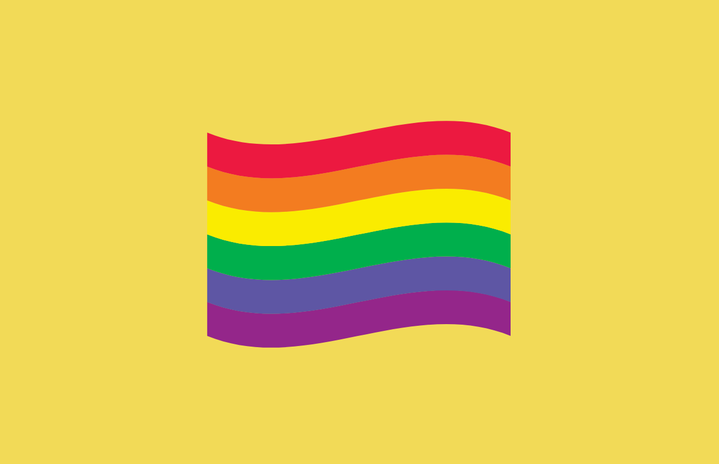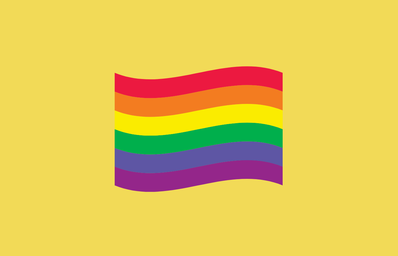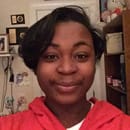October 11 is National Coming Out Day, a day that supports LGBTQIA+ individuals coming out, or disclosing their gender identity and/or sexual orientation. This day was established in 1988 to memoralize the 1987 March on Washington for Lesbian and Gay Rights, that sought to raise awareness and advocate for the legality of lesbian and gay relationships and civil rights issues. To celebrate this day, I have conducted interviews with 3 brave individuals detailing their stories about coming out.
What do you define your gender identity and sexuality as?
Interviewee A: He/him, bisexual
Interviewee B: Female, gay
Interviewee C: Non-binary, lesbian/queer
At what time in your life did you realize you identified as (gender identity and sexuality)?
Interviewee A: I always knew that I wanted to be different from other people. But if I were to be specific, I would say around sixth grade. I definitely knew I had a thing for boys. But as the year went on, I also started to realize how beautiful women were/are.
Interviewee B: Around elementary school, maybe fourth or fifth grade? I’ll go with fourth grade.
Interviewee C: I figured out that I was a lesbian around seventh or eighth grade, so I was around 12 or 13. I started identifying as non-binary and queer in the past couple of months.
Have you come to your family and friends? If so, how did they react when you came out to them?
Interviewee A: At first, no. I never had to because everyone in my family could tell that I was a very feminine person. My dad kept denying the truth. For example, we would go to Target and I would always ask to go to the toy aisle. I always ran to the Barbie section instead of the Hot Wheels section. He would get mad at me and tell me that those toys [Barbie] were only for girls and girls only. He forced me to leave the doll behind and would waste his money on Hot Wheels that I truly had no interest in. I don’t know why. My whole life, my dad and mom were very homophobic parents. They got to the point that they thought I was doing things with my brother. I never cried so much because at that moment, I just wanted to be accepted for who I was. In my high school years, my parents got divorced and my mom married a woman, which was shocking for me because she would judge me for being gay, even though she married another woman. I ended up having issues with my mom and her wife, and asked my dad if I could stay with him. He said that I could, and at that time, I told him that I was bisexual. He accepted me, shockingly. I was not expecting that reaction from him. As for my friends, everybody knew, even though I never came out. In eighth grade, a close “friend” of mine basically told the whole school that I was gay and that broke my heart because I could constantly feel the tension of people staring at me.
Interviewee B: I didn’t really come out; I believe they figured it out. In my family, some people agreed while others did not. My friends love me being me.
Interviewee C: I’m out to my friends and family as a lesbian and they took it pretty well. I’m only out to my friend and non-binary and most of them reacted very well as respectfully.
Do you wish that anything went differently when you were coming out?
Interviewee A: Yes! I wish that I would’ve felt comfortable and safe enough to sit down and tel my parents, ‘Hey, I’m bisexual and proud!’ I guess you could say that having their support would’ve been great.
Interviewee B: Nope. I’m a person who doesn’t care what people think of me, my sexuality, or anything I do.
Interviewee C: I wish I had come out to my dad differently. I also wish that I had not lost the one friend I did when I came out to her as non-binary.
What do you wish more people knew about the LGBTQIA+ community and/or coming out?
Interviewee A: Coming out is a very, very hard thing to do. For some, it may be the easiest thing to do. Whenever the time is right, do it. If you’re not ready, don’t do it. Don’t feel pressured either. Everything will come in place when it’s time.
Interviewee B: Being gay is not a choice, or anything in the LGBTQ community. If your family doesn’t accept you, just be yourself. Never be afraid to be yourself.
Interviewee C: That our sexuality and gender are not choices and that we just want to be ourselves.
Listening to these stories, I was given a new perspective on the challenges that come with coming out, such as the fear of being ostracized by friends, family and peers. The message that I wish for my readers to take with them is that no one should feel like less of a human being because of their gender identity and sexuality. No one should be denied basic human rights such as employment because of their gender identity and sexuality. People of the LGBTQIA+ community are just as human as the rest of us and should never have to hide who they are because they fear persecution.
If you wish to learn more about National Coming Out Day, check out the Human Right Campaign website for more information and resources: https://www.hrc.org/resources/national-coming-out-day



